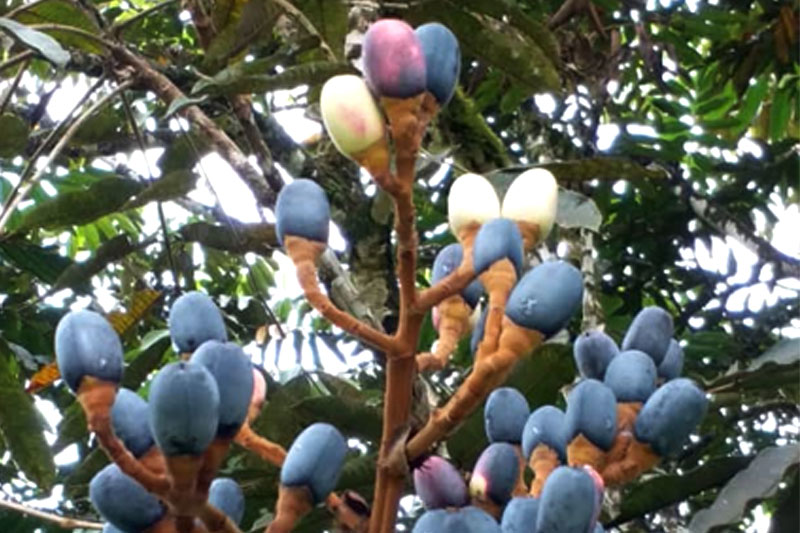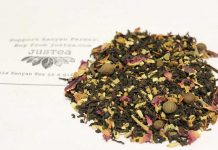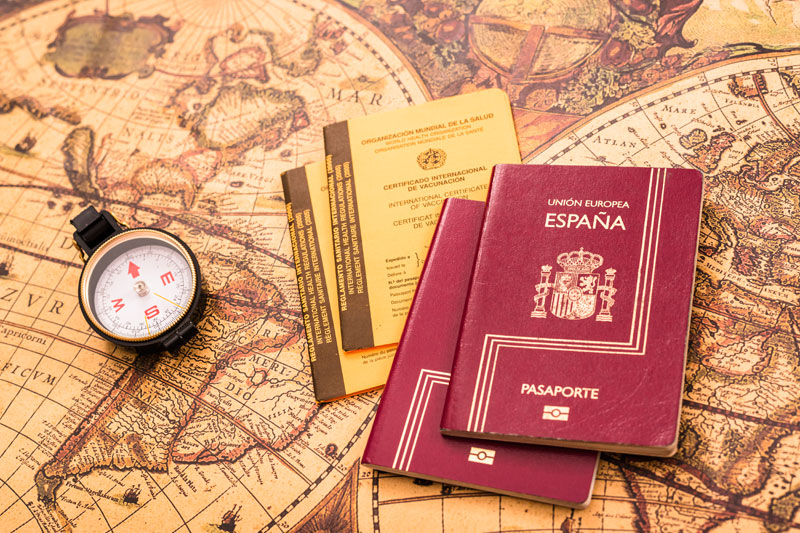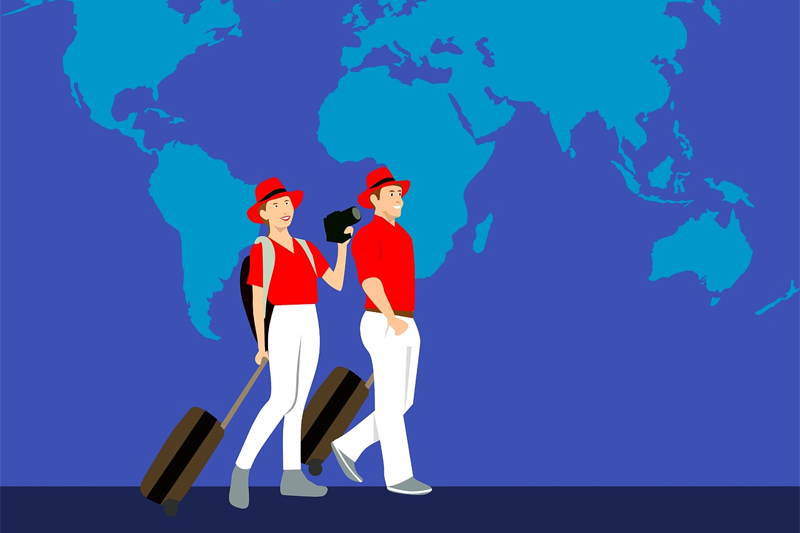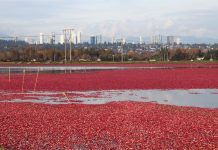Is coffee good or bad for you? This age-old question has sparked many studies, debates and headlines including a lawsuit in California.
The world just can’t get enough of coffee. There’s no sign of running out of steam. In 2017, UK has 24,061 coffee shops, according to Allegra World Coffee Portal, Project Café2018 UK Report.
The report forecasts the total UK coffee shop market will exceed 31,400 outlets, with a turnover of 12 billion pounds by 2022. Coffee shops could outnumber pubs by 2030 wrote the UK Daily Mail.
Research firm Mintel predicts coffee house sales in the U.S. is expect to reach $28.7 Billion by 2021. In Canada, it’s a 6.2 billion Canadian dollar industry, according to the Coffee Association of Canada website.

The Association’s 2017 Coffee Study Infographic prepared by DIG Insights showed that coffee is the most commonly consumed beverage for Canadians aged between 18 to 79.
Related: Coffee: World’s Top Java Guzzlers and Why Poop Beans are So Expensive?
China is fast emerging as one of the world’s most lucrative coffee markets. Starbucks announced in May this year on their plan to expand from its current 3,300 to 6,000 stores across 230 cities before the end of 2022.
Tim Hortons has also jumped on the coffee bandwagon to China. The Canadian coffee chain last week unveiled its plan to open 1,500 outlets in the next 10 years.
Health Effects of Coffee
Caffeine is a natural stimulant present in coffee beans, chocolate and tea. Soda, energy drinks and medications have caffeine which is added in the manufacturing process.
Caffeine energizes the brain and central nervous system, boosting alertness and physical endurance, suggested a review of caffeine’s effects on cognitive, physical and occupational performance .
Coffee appears to enhance cognitive function and reduce the risk of depression. It contain antioxidants. Studies published in the British Medical Journal indicate benefits including reducing risk for type 2 diabetes, Parkinson’s disease, liver disease and cancer.
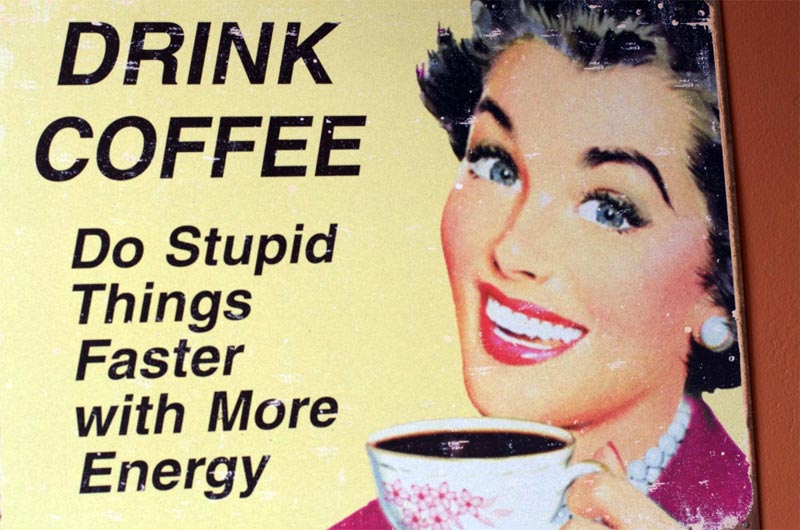
Coffee Overdose
While antioxidants are beneficial to the body, and an overdose of coffee can cause tremor, nervousness, insomnia, irritability, dizziness, convulsion, and dehydration due to excessive caffeine. Caffeine is also a diuretic.
“I used to consume copious amounts of coffee as a young nurse working in acute care many years ago. I would have 12 cups of coffee on a 12 hour night shift to keep awake, until I got sick from caffeine poisoning,” says Dale Clements, a former heavy coffee drinker. She was hospitalized for three days and underwent caffeine detox.
“I had extreme headaches, nausea, blurred vision, and had IV (intravenous) therapy and consumed lots of fluid. It was a lesson learnt. After that experience, I didn’t touch coffee for at least five years.”
Today Clements continues to enjoy her coffee, but not excessively. “It’s the fragrance of roasted beans, and taste that I like about coffee. Two cups of regular coffee is all I have in a day. I find I get heartburn if I drink too much,” says Dale Clements.
Is coffee good or bad for your health ? It’s bad for your well-being, according to Long Beach based Council for Education and Research on Toxics (CERT).
California’s Cancer-Risk Warning
Acrylamide is listed on Proposition 65, California’s list of carcinogenic chemicals. It’s a natural by-product of coffee roasting and other cooking processes.
CERT in 2010 sued some 90 coffee retailers such as, Starbucks, 7-Eleven and Dunkin’ Donuts for alleged failure to provide clear and reasonable cancer-risk warning labels on their products.
A California judge in March 2018 ruled that the beverage be branded with cancer warning labels. The rule was overturned on June 15, 2018 when officials from the California Environmental Office of Health Hazard Assessment (OEHHA) proposed a regulation change stating that cancer warnings are not required for coffee under Proposition 65.
On June 3, 2019, the California regulators ruled that the link between coffee and cancer is not significant. The regulation adopted by the OEHHA exempted chemicals in coffee from Prop 65’s warning requirement. The regulation will be effective October 1, 2019. The removal of the warning labels is is good news for the California coffee industry.

How Much is Too Much Coffee?
Children are at greater risk of experiencing adverse caffeine effects including learning difficulties, hyperactivity, nervousness and stomach problems.
The possible health effects of consuming too much caffeine include an increased risk of miscarriage and a risk of low birth weight for pregnant women or those who may conceive, says Health Canada.
Moderation is the key to coffee consumption. Health Canada’s recommendation for caffeine intake PER DAY:
- Healthy Adults: No more than 400 mg of caffeine – about three 8 oz. cups (237 ml) of brewed coffee
- Pregnant or breastfeeding women, and women who are planning to become pregnant: No more than 300 mg of caffeine – a little over two 8 oz. (237 ml) cups of coffee
- Adolescents 13 and older: No more than 2.5 mg/kg body weight
- Children 10 to 12: No more than 85 mg (8 oz. Red Bull)
- Children aged 7 to 9: No more than 62.5 mg (20 oz. Pepsi)
- Children aged 4 to 6: No more than 45 mg (12 oz. Diet Coke)
The agency recommends those on prescription medications to talk to their family doctor on their caffeine intake and any possible negative drug interactions.
Drugs known to interact with coffee include ephedrine, adenosine, alendronate (Fosamax) and certain antibiotics. Read more on coffee uses, side effects, interactions and dosing on WebMD website.
Is coffee good or bad for your health? It’s a question that continues to plague the scientific and medical communities as well as coffee addicts and aficionados. Guzzling down a dozen cups a day may be medicine for some but poison for others.









